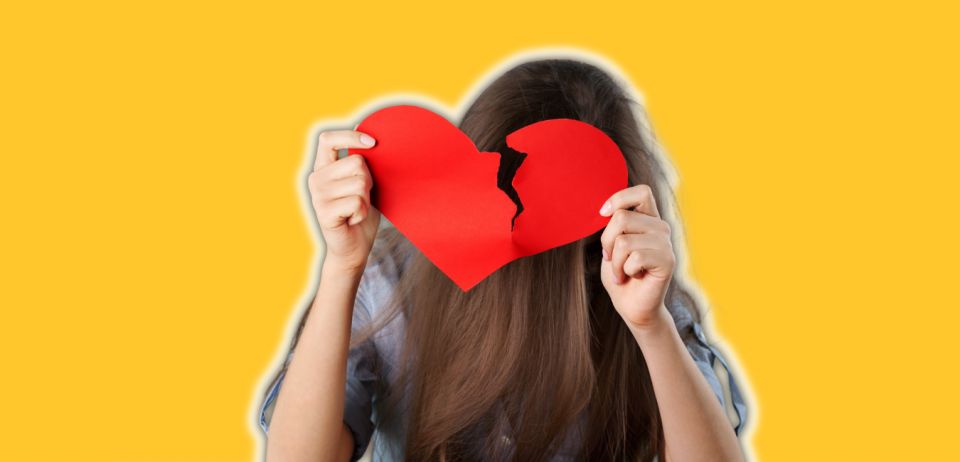Breaking Up: Love and Loss in Adolescence
"The thing that I think people learn is more about themselves. You know, why did I choose this person? ...What did I learn about who I'm attracted to in the world? Who's attracted to me in the world? Where did that come from? Why did that feel like love when it wasn't really love, you know? Or maybe it was?"— Dr. Nicole Green

Adolescence is a time of intense social learning, and romantic relationships, and even breakups, can be powerful learning experiences during these years. But how can adults support this learning while young people are hurting?
In a recent panel discussion, experts Dr. Nicole Green (UCLA), Dr. Ahna Suleiman (Sacramento State University), and Youth National Scientific Council members Makayla Dawkins and Tomi Dugbo offered suggestions for supporting youth in ways that help them learn to navigate strong emotions and build future healthy relationships.
Just be there. “There may be moments where you just are sitting with them or holding their hand or being with them in that heavy space,” says Dr. Suleiman. “But also really holding that place of whatever the uplifting part is.”
Provide space for young people to learn how to work through the emotions. The goal is to feel the feelings and get to the other side. “I feel like the adults that I went to or people I confide in, they kind of had this Band-Aid effect,” says Makayla Dawkins. “They want to put a veneer on it and fix me and make me better, and that’s not always the best decision.”
Dr. Green says that part of development is learning that we can make it through a bad feeling. “I think as long as they’re really focused on the task of taking care of themselves through it, and we’re teaching them how to, it’s almost like teaching someone to fish, as opposed to giving them fish,” she says. “It’s teaching them how to tolerate their feelings, how to persist through things.”
Watch for signs of ongoing distress: It’s normal to feel sad for a while after a breakup. Friends and caring adults can look for indications that the feelings are too much. “If you’re noticing real signs that it’s persisting longer than a few weeks, and they’re really not able to eat, they’re really not able to sleep, they’re really not able to do their tasks,” Dr. Green says, “then really engaging in more assertive behaviors like, “Do you need professional help? Or can I support you more?”
Support connections that support healing. Even if they’re generally OK, young people may need a more unbiased perspective than parents or friends can provide. “The people that you may want to go to for advice, they’re still trying to figure out life themselves,” said Tomi Dugbo. “Which is why I advocate for going to a professional, going to an unbiased person.”
Once the worst has passed, encourage reflection. “Whether it’s through journaling or prayer or meditation or yoga or finding time with friends, asking ‘Why did I choose this person?’ says Dr. Green. “What did I learn about who I’m attracted to in the world? Who’s attracted to me in the world? Where did that come from? …I think what folks really want to understand, especially in adolescence, especially in later adolescence, is what is all of that, and how do I want to move forward being intentional in relationships?
Ultimately, how we support youth through a breakup can provide a foundation for future wellbeing and healthy relationships.
